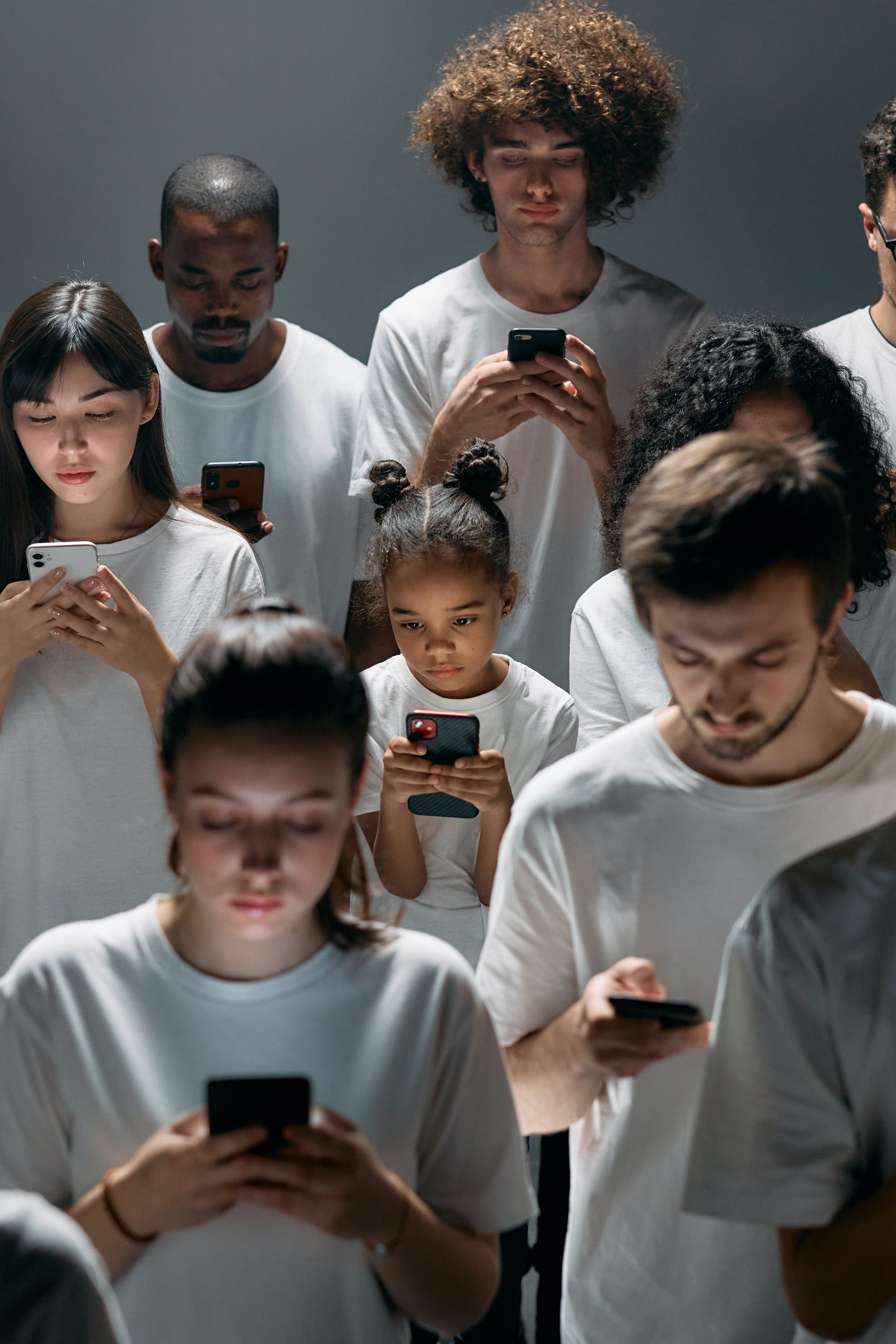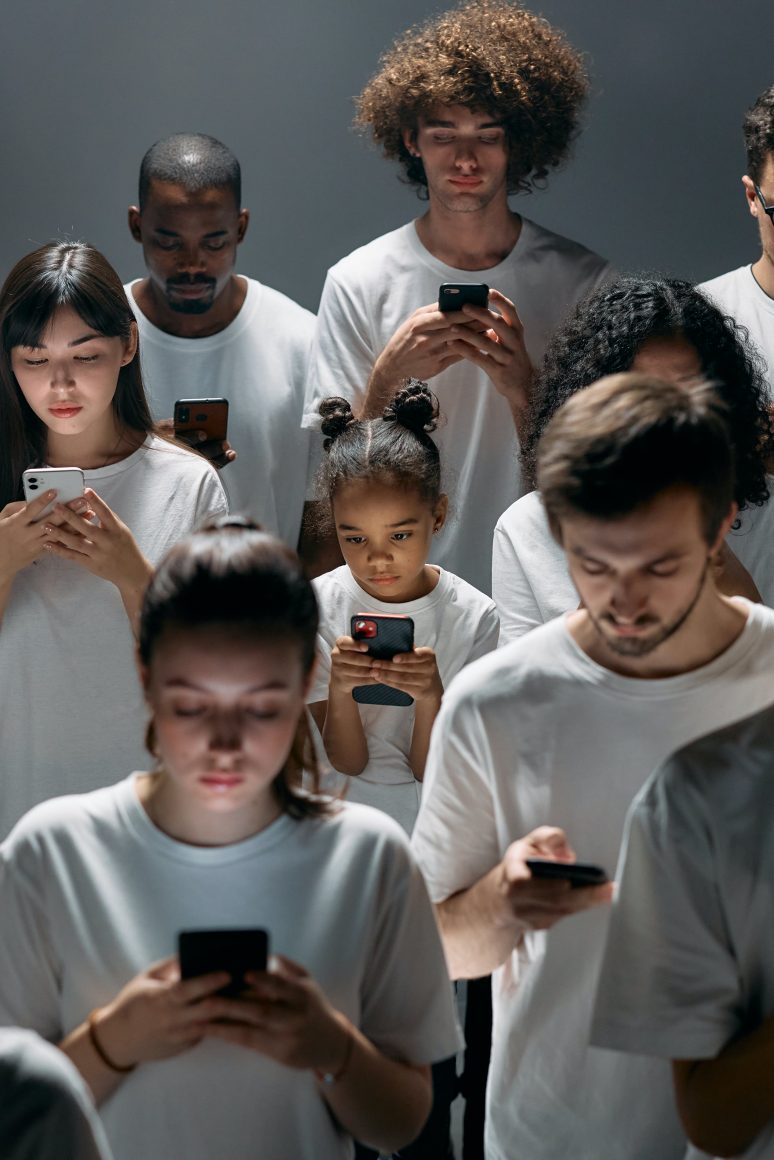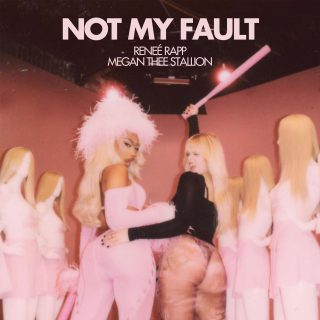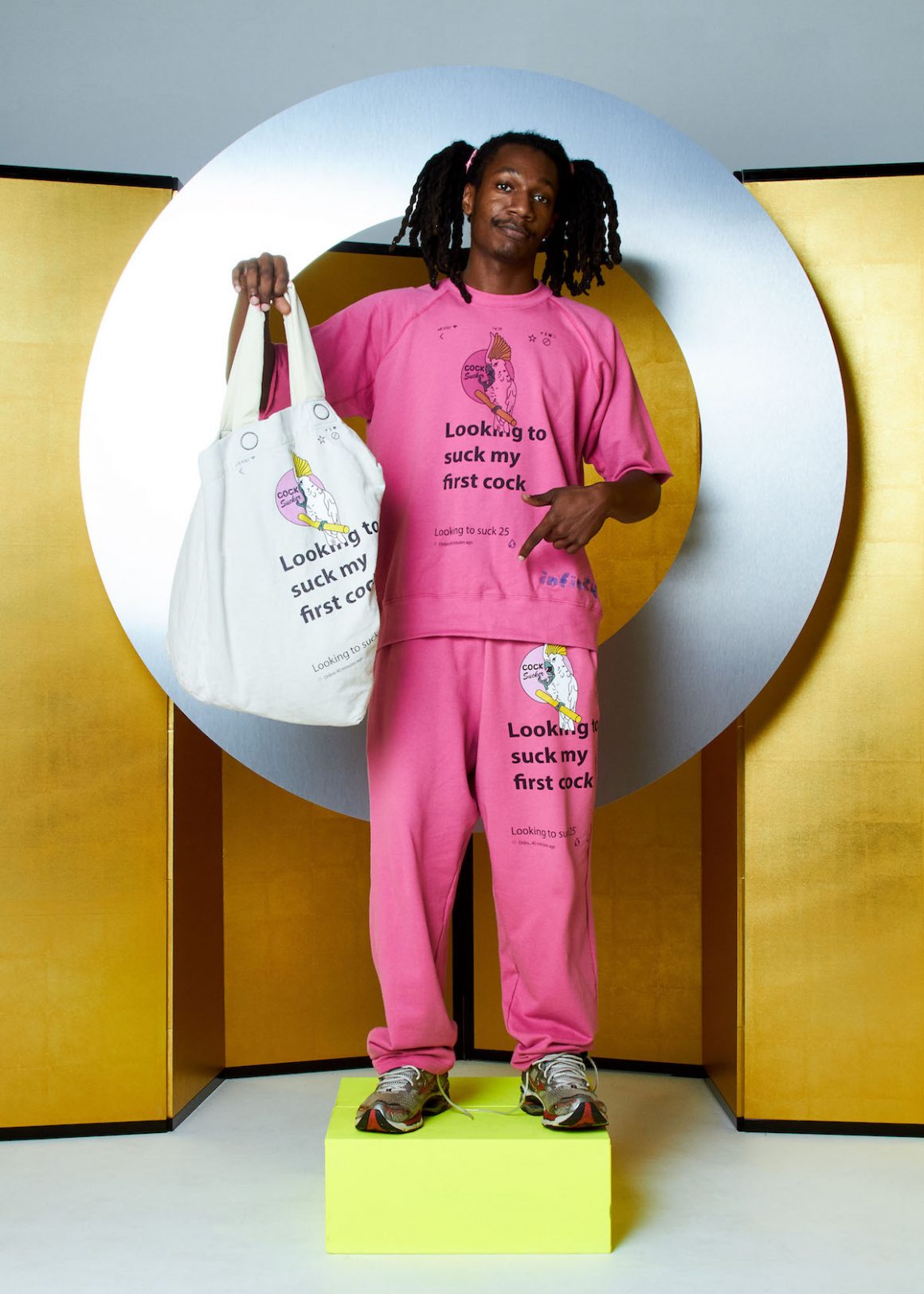TikTok, the social media platform focused on short videos, has taken the digital world by storm, captivating millions of users across the globe.
However, behind the craze for this application lie growing concerns about its impact on mental health, particularly in terms of addiction, effects on mental health and potential brain disorders. This analysis explores the worrying dimensions of TikTok use, highlighting the risks associated with this platform and the consequences it can have on its users.
TikTok addiction: a new challenge for mental health
One of the major concerns surrounding TikTok is its addictive potential. The addictive nature of the platform’s algorithm, based on continuous videos and infinite loops, encourages users to spend hours scrolling endlessly. This compulsive habit can lead to digital addiction, disrupting sleep patterns, diverting attention from daily responsibilities and affecting mental health. The constant search for validation and approval through likes and comments can also reinforce this addiction, creating harmful behavioural patterns in users.
The mental and emotional scars of excessive TikTok use
Excessive use of TikTok can leave deep mental and emotional scars on users. The content on the platform can be diverse, ranging from humorous videos to more disturbing content. Exposure to potentially traumatic or provocative content can have a detrimental impact on mental health, particularly for young users. In addition, constant comparison with the unrealistic beauty standards and ‘perfect’ lives presented on TikTok can generate feelings of insecurity, anxiety and depression in some users, altering their emotional well-being.
Possible brain damage and the need for moderation
Recent studies have suggested that prolonged use of social media, including TikTok, could lead to brain disorders, in particular problems with concentration, memory and attention. The excessive and constant stimulation provided by the platform can have harmful effects on brain function, particularly in younger users whose brains are still developing. It is therefore imperative to promote responsible use of TikTok, by encouraging regular breaks, moderation in the duration of use and greater awareness of its potential effects on mental health.
Although TikTok is an entertaining and creative platform, there are growing concerns about its impact on mental health, with risks of addiction, emotional scarring and potential brain damage. It is essential to make users aware of these risks and to promote responsible use practices in order to prevent harmful effects on mental health.
A balanced approach, favouring regular breaks, moderation in content consumption and awareness of potential risks, is essential to enjoy the positive aspects of TikTok without compromising users’ mental wellbeing.


























Follow us on Instagram